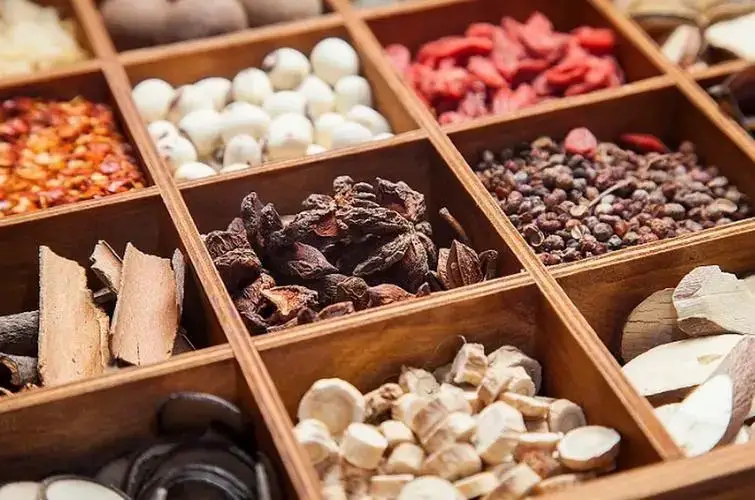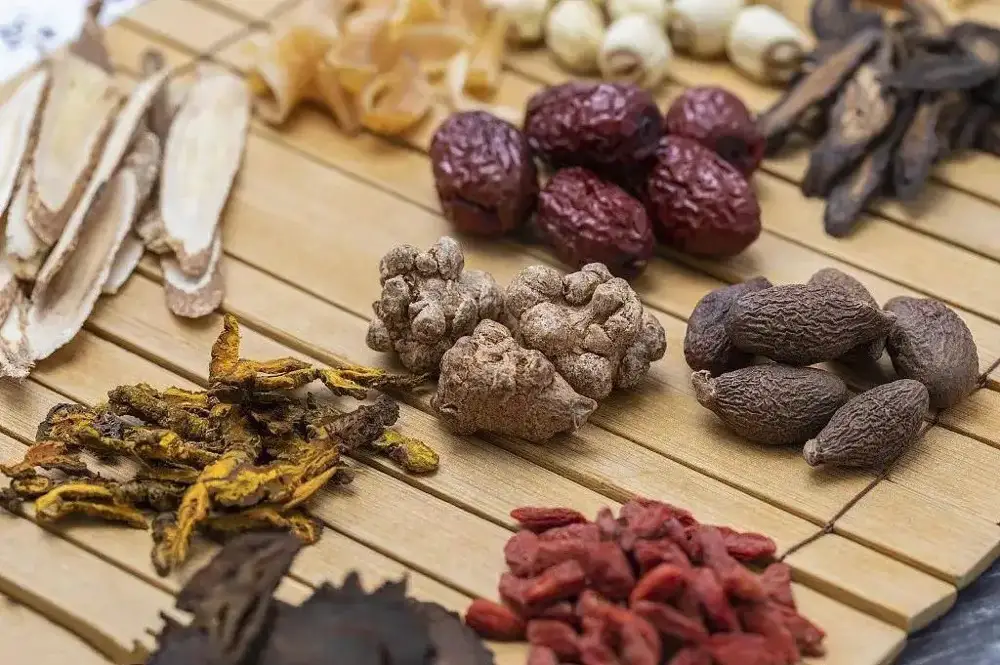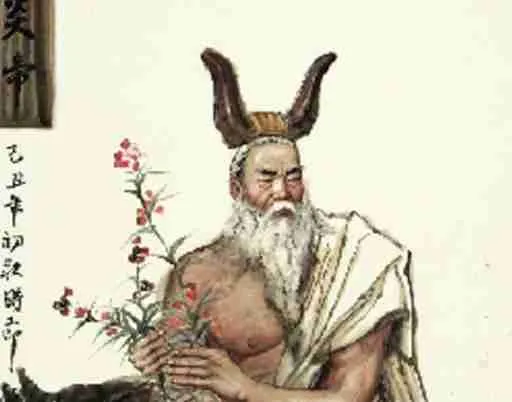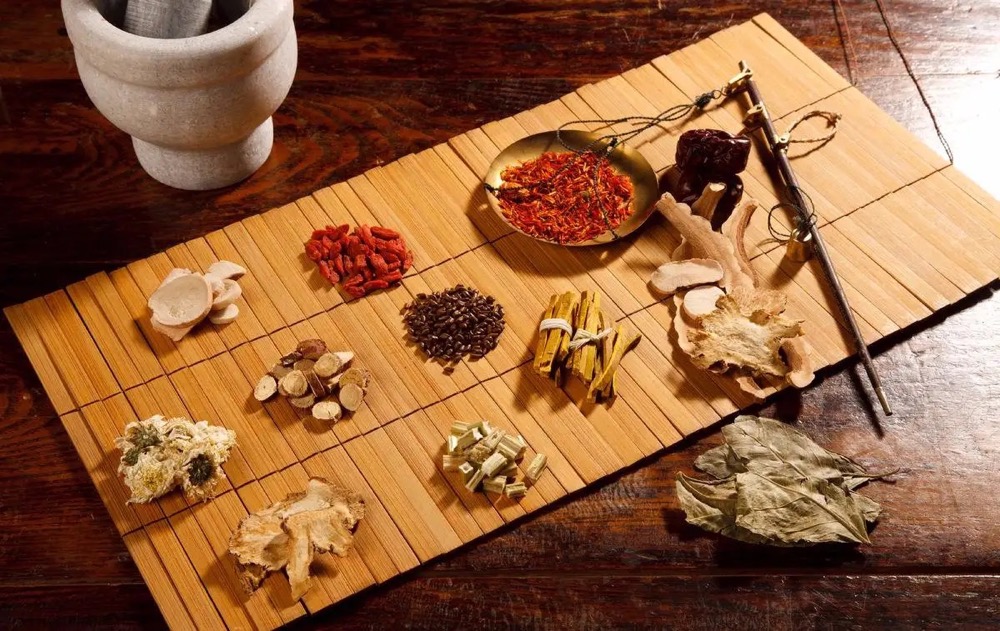Chinese medicine boasts over 300 herbs used to cure various conditions and maintain general body health. This traditional practice dates back to 2,200 years, but the first written record is seen in the 3rd century BCE. The practice has infiltrated Western culture and continues to be widely used to date.
What are Chinese Herbs?

Chinese herbs are plants used to improve the health of an individual. These herbs are brought together and work synergistically to cure and maintain health. These herbs contain medicinal effects that work to cure, prevent, and maintain the body’s health.
Chinese herbs are part of a larger medical body called Traditional Chinese medicine that incorporates other practices like acupuncture and diets. Chinese herbs are prescribed by herbalists to restore health and energy balance, commonly known as Yin and Yang. These herbs are used for the same reasons as pharmaceutical drugs in Chinese culture. Each herb is used to carry out a unique function, but a condition can be tackled by mixing various herbs. Some Chinese herbs are also used as spices in various dishes.
What herbs are used in traditional Chinese medicine?

As earlier mentioned, Chinese Traditional medicine uses more than 300 herbs to cure various conditions. Some of the most common herbs include Licorice, Dong Quai, ginger, lyceum, schizandra, and Panax Ginseng. These herbs can be in leaves from herbaceous plants.
These herbs are decoctions turned into a powder or granulated to make them easier to ingest. Cold diseases in Chinese herbal medicine are treated with hot and warm herbs, while hot diseases are treated with cool and cold herbs. The tastes of herbs also determine the kind of diseases they cure. For instance, bitter herbs are used to drain excess heat believed to cause an imbalance in the Ying and Yang.
Where do herbs come from?
Herbs are leaves derived from non-stem herbaceous plants. However, some herbs like basil, come from woody plants. Chinese herbs are grown in various parts of the country that have conducive soil and climatic conditions.
According to Chinese herbal medicine, certain soil conditions and climate make these herbs medicinal and therefore, should be grown in those areas only. Most herbs do well in well-drained garden soil. Mediterranean herbs like rosemary and basil rot in moist soil, and Chinese people grow them in raised beds.
What are some list of herbs?

The most common herbs are used worldwide for various reasons. Some of them include:
- Rosemary: This herb is native to the Mediterranean region and has a pungent smell. It is used in meat foods, as well as various vegetarian dishes.
- Ginger: This herb is used to treat fatigue, colds, and lack of energy. It is also added to foods to aid in digestion and enhance flavor.
- Licorice: This herb is called gancao in Chinese and is used as a sweetener and great additive to tea, which is a delicacy in Chinese culture.
- Cilantro: This herb is considered a warm herb in Chinese herbal medicine and is used in treating lung and stomach conditions.
- Oregano: Apart from being a spice, oregano is used in treating heat strokes, fever, acute gastroenteritis, and vomiting.
- Sage: This is a popular herb for sore mouths and throats, diabetes, memory loss, and high cholesterol.
- Thyme: This herb is used for increasing appetite, protecting the stomach lining, and supporting liver functions.
Chinese herbs history
Who invented Chinese herbs?

In ancient Chinese, a mythical god named Shennong, also called the divine Husbandman, is believed to have invented Chinese herbal medicine around 2800 BC. This god-like being is believed to have tasted hundreds of herbs and imparted his knowledge to earthy farmers. Chinese herbs, like cinnamon, nutmeg, and ginger, were famously traded on the Silk Road.
When were Chinese herbs invented?
Chinese herbs are believed to have been invented during the Han dynasty in the first century BC. In a manuscript sealed in 168 BC, a list of herbs and prescriptions of ailments was discovered. The first herbal medicine associated with YinYang and the five phases in Chinese drug therapy was first discovered at the end of the Han Dynasty between 196 and 220 CE.
Are herbs good for you?
Yes, herbs have a wide range of health benefits to the body. They are believed to manage heat conditions, diabetes, and cancer. Herbs like cinnamon and ginger are used as both spices and herbal medicine. Some herbs like ginger can also rid the body of fatigue and bring refreshment.
Chinese thyme is used to increase appetite and strengthen the stomach lining. Polyphenols in herbs have scientific proof in fighting cancerous tumors and slowing down the symptoms of Alzheimer’s disease. Fresh herbs are beneficial to your health and bring amazing taste to foods and drinks.
Why are herbs good for you?

Herbs are good for you as they help in the prevention, and management of some chronic diseases. When incorporated into your daily diet, they can be beneficial in fighting cancer, managing diabetes, and improving memory. It is imperative to use proven herbs to avoid toxic herbs.
The naturally occurring herbs are great for culinary activities, such as basil, cilantro, parsley, rosemary, and oregano. They can be consumed by vegans, vegetarians, and everybody else. Most Chinese herbs are plant-based and have been used over centuries to cure ailments by balancing Yin and Yang, which is believed to be the root cause of all diseases.
How herbs work in the body
Chinese medicine believes that the body functions well when the body’s energy flows freely. Herbs have individual properties and when combined, they bring holistic health to the body. The herbs bring balance when external forces bring imbalance to the Yin and yang in all parts of the body. When the balance is achieved, the body heals itself naturally.
Conclusion
Chinese Traditional Medicine is mainly comprised of herbal medicine, and although the herbal medicines include minerals and animal products, most herbal drugs are plant-based. Some of the herbs are made and prescribed by experienced herbalists and are used in the place of pharmaceutical drugs.
